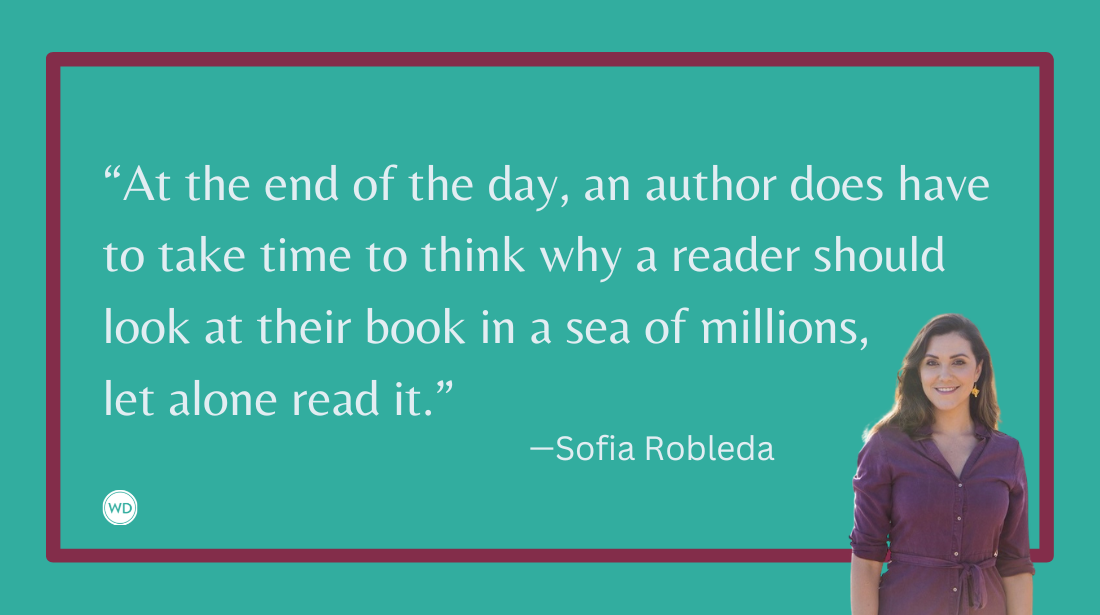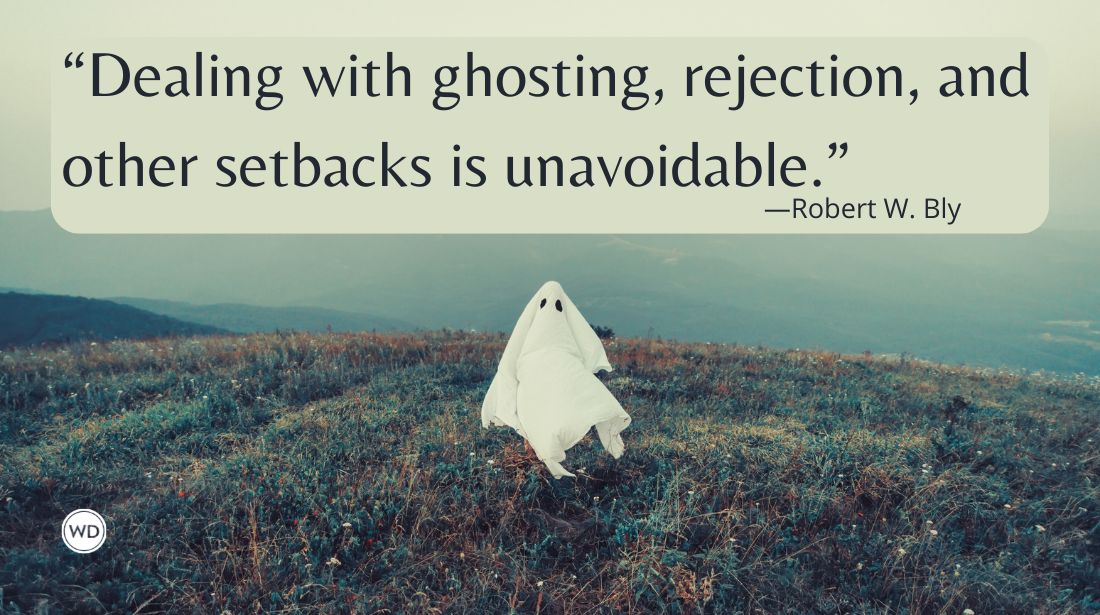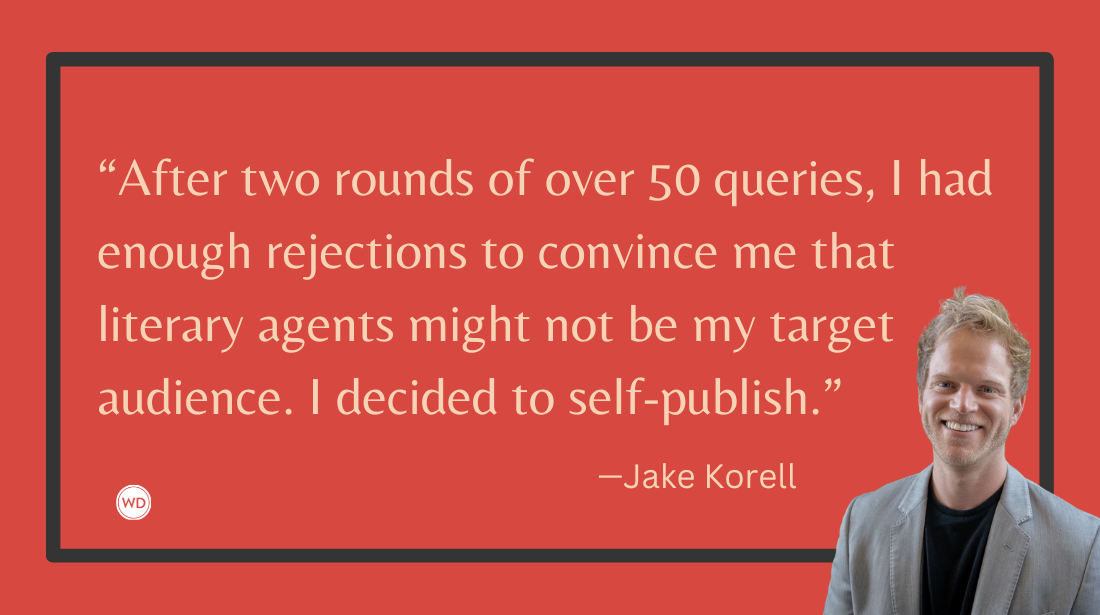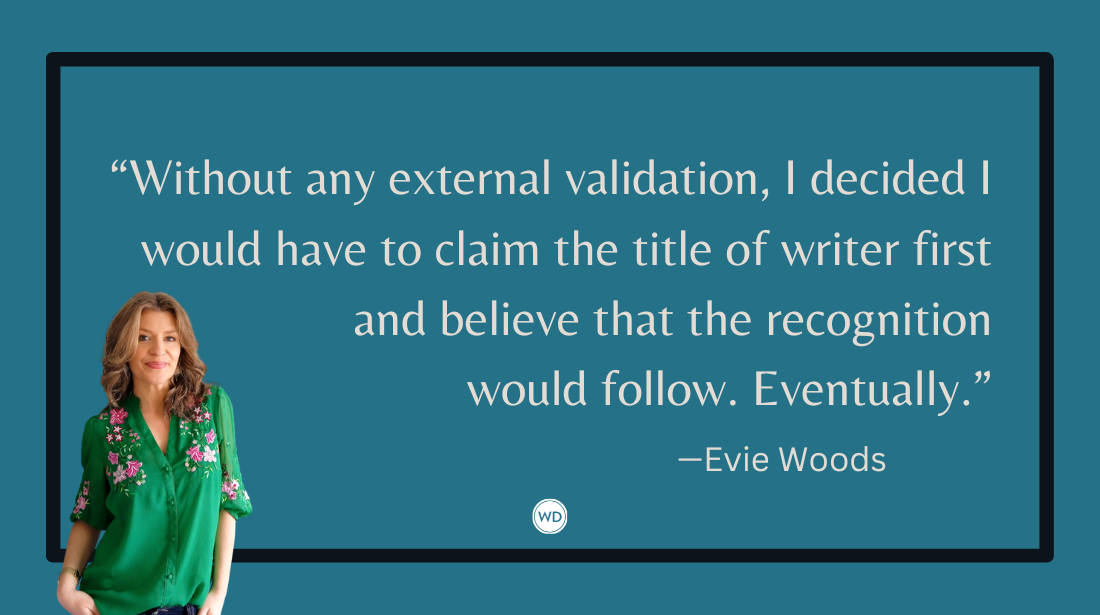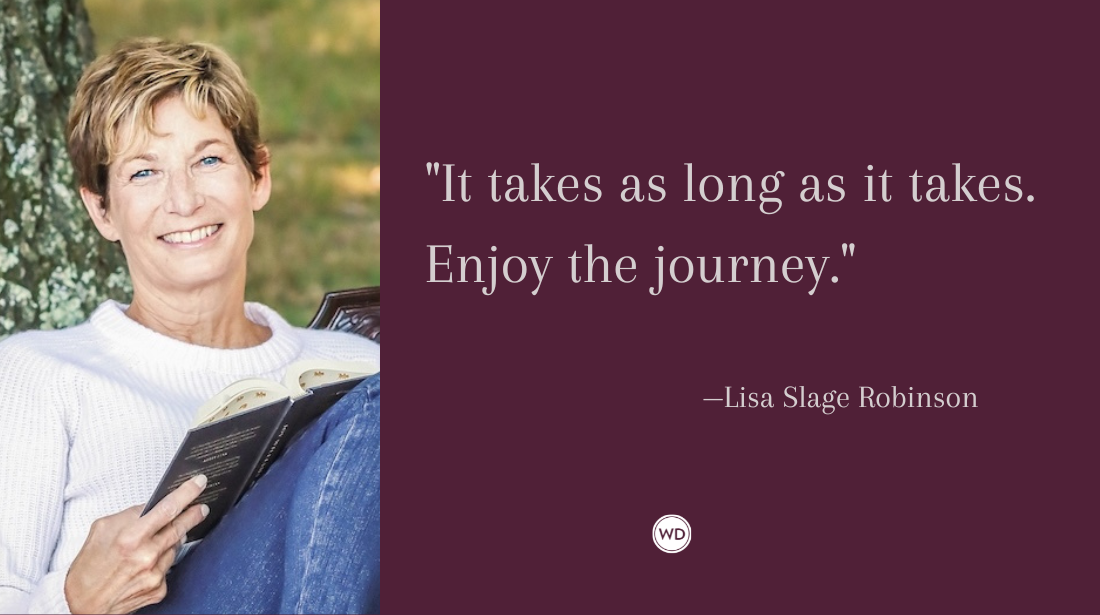The Future of the Novelist
This week, I’ll be at SXSWi in Austin, where I’m presenting a brief session on your publishing options at PubCamp (free!), and moderating a SXSWi panel, The Self-Publishing Novelist. I…
This week, I’ll be at SXSWi in Austin, where I’m presenting a brief session on your publishing options at PubCamp (free!), and moderating a SXSWi panel, The Self-Publishing Novelist.
I can’t envision a more exciting or opportune time to be at a national event, guiding a discussion on self-publishing. Why?
Take these 3 high-profile cases that have received broad media attention in the last 6 months:
- Self-publishing novelist Amanda Hocking. Here’s a BusinessInsider report that’s typical of recent coverage: “This 26-Year-Old Is Making Millions Cutting Out Traditional Publishers With Amazon Kindle”
- JA Konrath (along with other mid-list authors, e.g., Lee Goldberg or Alisa Valdes). Here’s a TechCrunch report focused on Konrath’s success, “Have We Reached A Tipping Point Where Self-Publishing Is Better Than Getting A Book Deal?”
- Seth Godin’s launch of Domino, in partnership with Amazon, written about here by GigaOm [scroll to end of article]: “Book Publishers Need to Wake Up and Smell the Disruption”
Tension between traditional and indie communities is ever visible in my Twitter & Facebook conversation streams. Some are adamant that 99% of self-published work is total crap. Others are adamant that traditional publishing has become a total crap game that no longer serves a need.
Take a look at this message thread on my Facebook wall, after I made a post about Amanda Hocking. It goes on for three pages (even longer than what I’m showing here).
There are perhaps thousands of opinions and predictions about where all this is headed. (And I’ll be issuing my own prediction on April 1.)
The one thing I know for certain, at this moment, is what Amanda Hocking recently said on her blog, in response to all the sensationalized coverage about her story:
Some books and authors are bestsellers, but most aren’t. It may be easier to self-publish than it is to traditionally publish, but in all honesty, it's harder to be a bestseller self-publishing than it is with a house.
This viewpoint is echoed by Lee Goldberg, over at JA Konrath’s blog, when he offered the following advice. (Keep in mind this is for an audience of storytellers, mostly genre novelists.)
If you’ve never been in print before, I believe you’d be a fool not to take a midlist paperback or a hardcover deal … even a terrible one … over self-publishing on the Kindle. Financially, you might make less (either in failure or modest success) … but the difference will be more than made up for in editing, marketing, wider readership, wider name recognition, and professional prestige (and that prestige does mean something, whether you want to admit it or not).
You can always go back to self-publishing … and when you do, you will be bring that wider readership, name recognition, and professional prestige with you. But a book deal doesn't come along every day, and that's still going to mean something for a long time yet … and I suspect it still will even if half the bookstores in America close tomorrow.
Of course, that’s assuming you have an agent or publisher interested in your work. What if you don’t? What if you just want to get your work out there?
You better be damn sure your book is up to professional standards.
And to build on that, you also better realize that publishing your book isn’t the hard part. Marketing it is the hardest part. (Thanks to Jason Pinter for reminding us of this on a recent Digital Book World webinar.)
John Sundman, one of the SXSWi panelists, is an author I’ve known for more than a decade. Or, that is to say, I’ve watched him struggle for a decade. He hand sells like a demon and tries to get attention any way he can. His efforts have caught the attention of Cory Doctorow, Slashdot, and cyberpunk celebrity Bruce Sterling.
One thing that's fascinating about John’s journey is that Bruce Sterling posted about John’s time-consuming and weakly remunerated marketing efforts under this headline:
I read his post as either sarcastic-derogatory OR a sad prediction on the growing reality that the novelists who make a name for themselves are often the ones who actively self-promote and market (whether as part of a meaningful online “community”-“conversation” or not!).
Is this the future of fiction? First, I think printed fiction is probably something that becomes marketed mostly to one’s biggest or most devoted fans. Electronic editions become the mass-market (catch the new reader) editions.
Take for instance what Lincoln Michel says over at The Faster Times:
… We should understand that [Amanda Hocking’s] bulk sale model is closer to the bulk cheap paperback sale model (think Harlequin Romance novels in drug stores) than the traditional literary publishing model that people are comparing it to. For one thing, Hocking’s model is based on quickly written series of works. Hocking, at age 26, has 9 books for sale and has written 19. Hooking readers with ultra-cheap first books doesn’t work if you spend years on your next novel that has nothing to do with the first. Let’s just say it isn’t a model that is going to work for your Thomas Pynchons and Marilynne Robinsons of the world.
So, what model will work for the Pynchons and Robinsons of the world? If they need traditional publishers to support them in their careers, is that the role that New York publishers primarily serve? (That seems doubtful, since that’s not where the big bucks are. Publishing would have to revert to its roots as a gentlemanly occupation where profits amount to pennies.)
I don’t know many authors who are willing to do what John does, but, on the other hand, what John does can also be done in various forms online, and this is exactly what Hocking did:
This is literally years of work you're seeing. And hours and hours of work each day. The amount
of time and energy I put into marketing is exhausting. I am continuously overwhelmed by the amount of work I have to do that isn't writing a book. I hardly have time to write anymore, which sucks and terrifies me.
I also have this tremendous sense of urgency, like if I don't get everything out now and do everything now, while the iron is hot, everything I've worked for will just fall away. For the first time, I truly understand why workaholics are workaholics. You can't stop working, because if you do, it unravels all the work you've already done. You have to keep going, or you'll die.
Is this the future of the novelist (regardless of format)? These are the issues and dilemmas we’ll be discussing on the SXSWi panel. Hope to see you there.
Bonus: Margaret Atwood discussed this issue at TOC 2011. Go watch the video!
Jane Friedman is a full-time entrepreneur (since 2014) and has 20 years of experience in the publishing industry. She is the co-founder of The Hot Sheet, the essential publishing industry newsletter for authors, and is the former publisher of Writer’s Digest. In addition to being a columnist with Publishers Weekly and a professor with The Great Courses, Jane maintains an award-winning blog for writers at JaneFriedman.com. Jane’s newest book is The Business of Being a Writer (University of Chicago Press, 2018).





